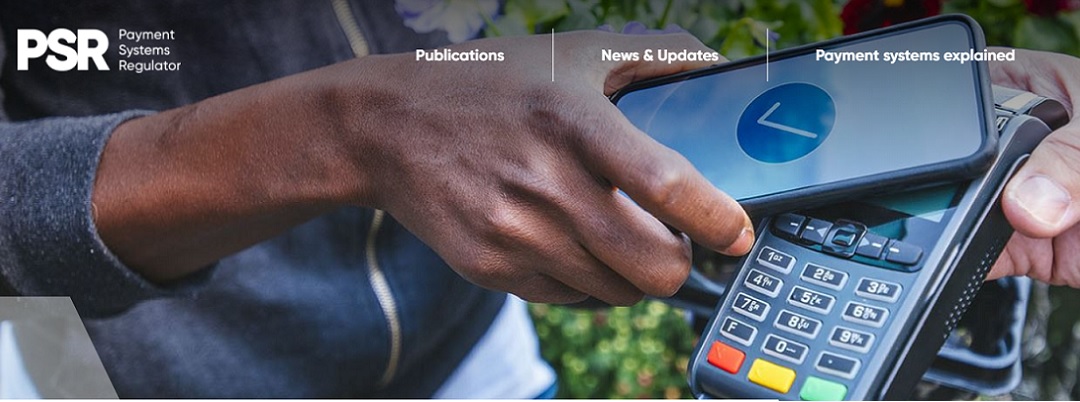
Mastercard is among five companies which broke the law for cartel behaviour when offering pre-paid cards to vulnerable members of society, Britain’s Payment Systems Regulator (PSR) said on Wednesday.
PSR has issued a Statement of Objections(1) that alleges that Mastercard, allpay, APS, PFS and Sulion engaged in anti-competitive behaviour by agreeing not to compete or poach each other’s clients.
Three out of five parties admit liability for breaching competition rules and agree to pay maximum penalties totalling over £32million as part of settlement.
The case relates to pre-paid cards that are used by local authorities to distribute welfare payments to vulnerable members of society, such as the homeless, victims of domestic violence and asylum seekers.
In its Statement of Objections, sent to the five parties today, the PSR alleges that there were two infringements of the Competition Act 1998 that took the form of market sharing/customer allocation:
. One lasting six years (between 2012 and 2018) and involving all five parties.
. The other lasting two years (between 2014 and 2016) and involving APS and PFS.
The Statement of Objections sets out the PSR’s case against the parties but is not the end of the investigation and the parties now have the opportunity to make representations on the provisional findings.
In February 2021 Mastercard, allpay and PFS agreed to settle(2) with the PSR and admitted that they took part in the alleged anticompetitive arrangement(s). Should the PSR ultimately conclude that there have been infringements, Mastercard, allpay and PFS have agreed to pay maximum fines totalling over £32million.
Chris Hemsley, Managing Director of the Payment Systems Regulator, commented:
“Pre-paid card services, like these, can provide significant benefits to local authorities as one way to make welfare payments to some of the most vulnerable people in society.
“By colluding in this way, we consider the parties were acting as a cartel. Because of the reduced competition local authorities may have been missing out on an alternative supplier or products that were either cheaper or better suited to both their needs and the needs of those using the pre-paid cards.
“Collusion in payments is absolutely unacceptable. Where we see it happening, we will take action, stop it, and seek to impose significant penalties.”
Mastercard said it took the issue very seriously and had put further controls and training in place, adding the incident was isolated to UK prepaid cards.
“We apologise that the actions of two former employees resulted in the standards expected of us not being met in this instance,” a Mastercard spokesman said, according to Reuters.
The PSR first started work on this investigation in October 2017. In February 2018, the PSR carried out unannounced searches at a number of premises.
In its Statement of Objections, the PSR provisionally concludes that the parties coordinated their commercial behaviour to share the market and allocate customers in relation to the supply of prepaid card services used for welfare disbursements to public bodies in England, Scotland and Wales. The pre-paid cards operated on just one card scheme: Mastercard.
Other than for a short period in 2016, Mastercard sponsored and wholly funded the National Prepaid Cards Network (Network), whose members were the public sector bodies potentially interested in prepaid cards (local authorities, etc) and the Mastercard programme managers (PMs). The Network was central to one of the cartels investigated by the PSR, which took place between 2012 and 2018.
The PSR has provisionally found that during this period the five parties arranged for the PMs which were members of the Network not to target or poach each other’s public sector customers that were in contract with other Network PM or were being provided services through a pilot programme by other Network PM. In the early days of the Network, the parties also colluded to exclusively allocate the leads from Network promotional events between the Network PMs.
In addition, the PSR has provisionally found that between 2014 and 2016 APS and PFS arranged not to target each other’s public sector customers when a contract was up for renewal, including through a public tender.
As a consequence of the alleged collusion, public bodies were limited in the choice of suppliers of pre-paid cards services, and potentially deprived of lower prices and better quality for those services.
______________
Notes:
Banking 4.0 – „how was the experience for you”
„To be honest I think that Sinaia, your conference, is much better then Davos.”
Many more interesting quotes in the video below: